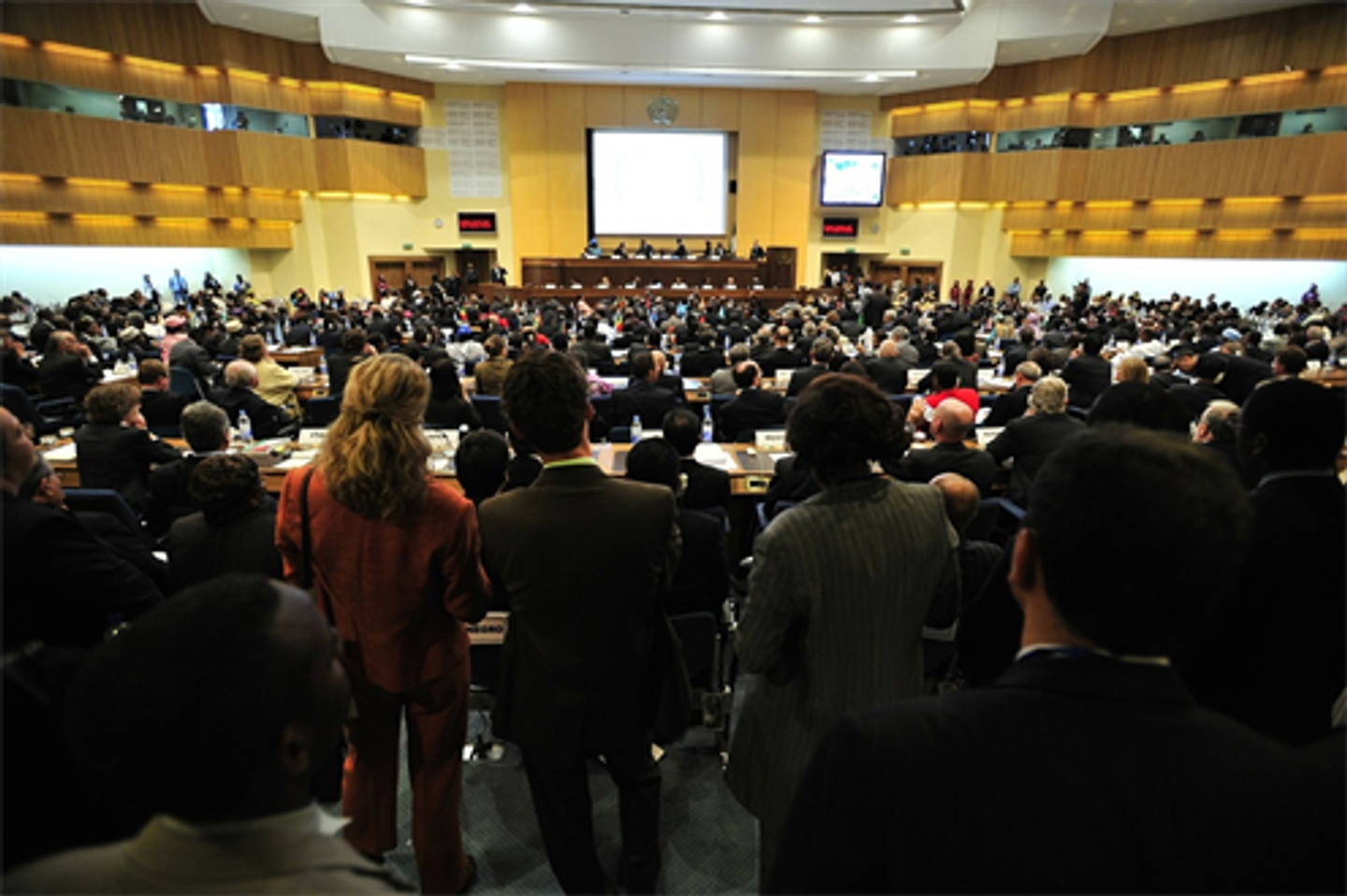

- Home
- Companies
- Smart Grid Observer
- News
- NERC: Collective Focus Imperative for ...

NERC: Collective Focus Imperative for Mitigating Emerging Risks to Grid Reliability
Five significant evolving and interdependent risks -- energy policy, grid transformation, resilience to extreme events, security risks and critical infrastructure interdependencies -- are identified in the 2023 ERO Reliability Risk Priorities Report. Energy policy is a new risk profile and has broad implications across the risk profiles, the report notes, as it catalyzes changes and has the potential to amplify their effects. Consequently, energy policy can drive change in bulk power system (BPS) planning and operations in short time periods, affecting reliability and resilience.
The report, which was accepted by the Board of Trustees last week at its quarterly meeting, is a forward-looking view of current and projected risks to BPS reliability and presents the results of the Reliability Issues Steering Committee's (RISC) efforts to strategically define and prioritize risks to BPS reliability. The RISC functions as an advisory committee to NERC's Board of Trustees and produces this report every two years.
"This is the best RISC report to date," remarked NERC Board Chair Ken DeFontes during the recent Board meeting. "The committee has drawn attention to some key, new risk profiles including the need to bridge important jurisdictional lines in energy policy and the interdependencies between our industry and other critical infrastructures, such as natural gas, while acknowledging the rapid pace of grid transformation and the increasing security threats. This report is important for industry as we prioritize the way to best assure the reliable operation of the North American grid."
The report addresses recommendations that NERC, the ERO Enterprise and industry should take to enhance reliability, resilience and security to manage the five risks. Among the recommendations evaluated to have the most impact and likelihood of mitigating risk are:
- Energy Policy: NERC should continue to build on its outreach and collaboration with state commissions, with the National Association of Regulatory Utility Commissioners and with critical interdependent sectors. Communication, coordination, and collaboration with all key stakeholders should be early, consistent and clear to bridge increasingly complex jurisdictional lines.
- Grid Transformation: NERC and industry should develop and include energy sufficiency approaches in planning and operating the grid.
- Resilience to Extreme Events: The ERO Enterprise should conduct special assessments of extreme event impacts, including capturing lessons learned, creating simulation models, and establishing protocols and procedures for system recovery and resiliency.
- Security Risks: NERC should develop guidance for industry on the best practices to mitigate the risks from cloud adoption and the use of artificial intelligence technologies.
- Critical Infrastructure Interdependencies: NERC should conduct a study to determine the percent of available generation with on-site or firm fuel capacity in each Regional Entity.
Common themes and trends emerging from the risk profiles highlight the interdependencies between risks to the BPS and the potential magnitude of those risks. Consistent with previous reports, collaboration is acknowledged as being fundamental to reliability. In addition, the significant interdependence between BPS reliability and other industries, exemplified by the increase in natural gas and renewable variable energy generation and simultaneous decline in nuclear, natural gas, oil, and coal-fired generation, has implications on the resource adequacy and the dynamic performance of the BPS.
"The importance of the critical infrastructures interdependencies such as electricity, natural gas, water, transportation, and communications, show potential reliability risks can be magnified when in isolation," said Soo Jin Kim, vice president of Engineering and Standards and liaison to the RISC.
The report acknowledges that security risks are increasing, both cyber and physical, with threats developing and changing quickly. On top of this, grid transformation continues at a rapid pace and reliability considerations must align with that pace of change. The report identifies the need for a concerted effort around the development of new system models, more advanced tools, and grid infrastructure improvements for their reliable and resilient integration.
The Reliability Risk Priorities Report reflects the collective opinion and conclusions drawn from the RISC membership regarding present and emerging risks and their respective priorities. The RISC reviews and assembles information from ERO Enterprise stakeholders and policymakers, and focuses on the evaluation of the current set of risk profiles with descriptors of the risks and recommended mitigating activities.
Source: North American Electric Reliability Corporation
--------------------------------------------
Upcoming conferences organized by SGO:
17th Microgrid Global Innovation Forum - EMEA, September 26-27, 2023 | London
Utility Cyber Security Forum - Europe, November 14-15, 2023 | London
2nd V2G Business, Policy and Technology Forum, October 17-19, 2023 | Detroit
18th Microgrid Global Innovation Forum - North America, December 5-6, 2023 | Chicago
4th EV Charging Infrastructure Summit - North America, West, January 30-31, 2024 | Los Angeles
